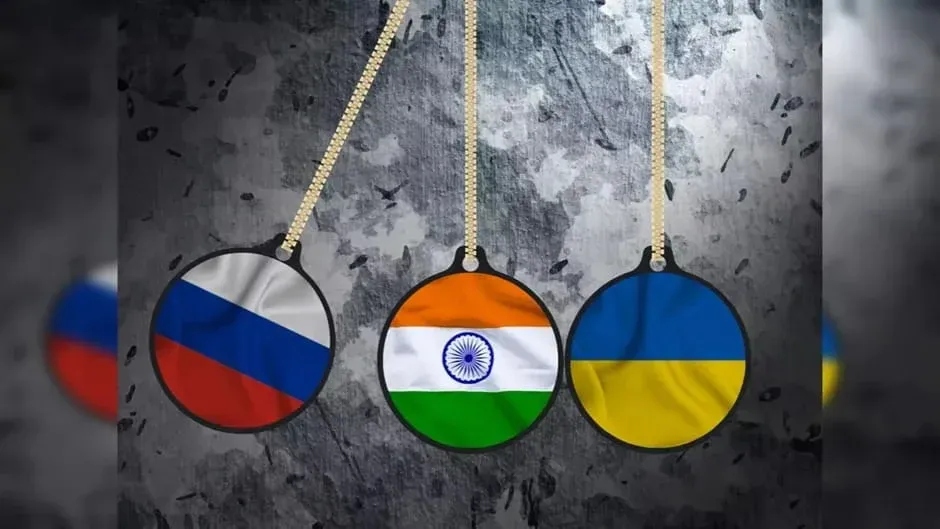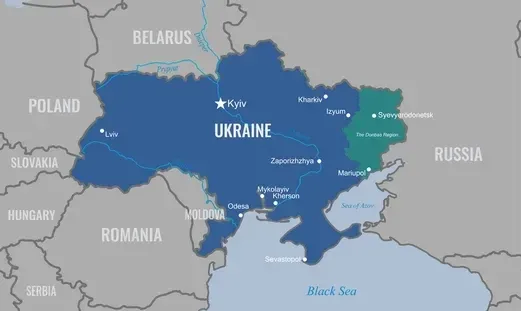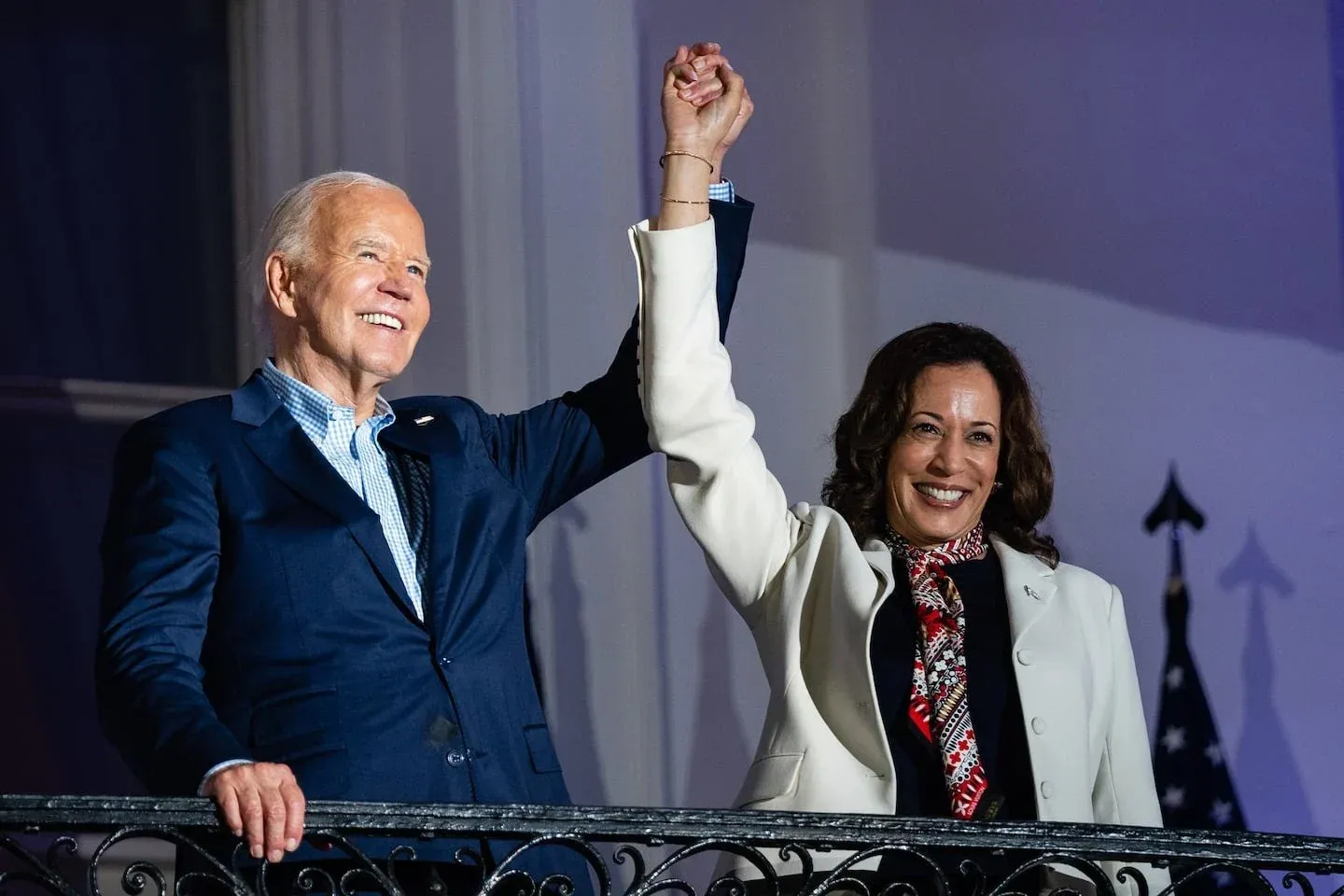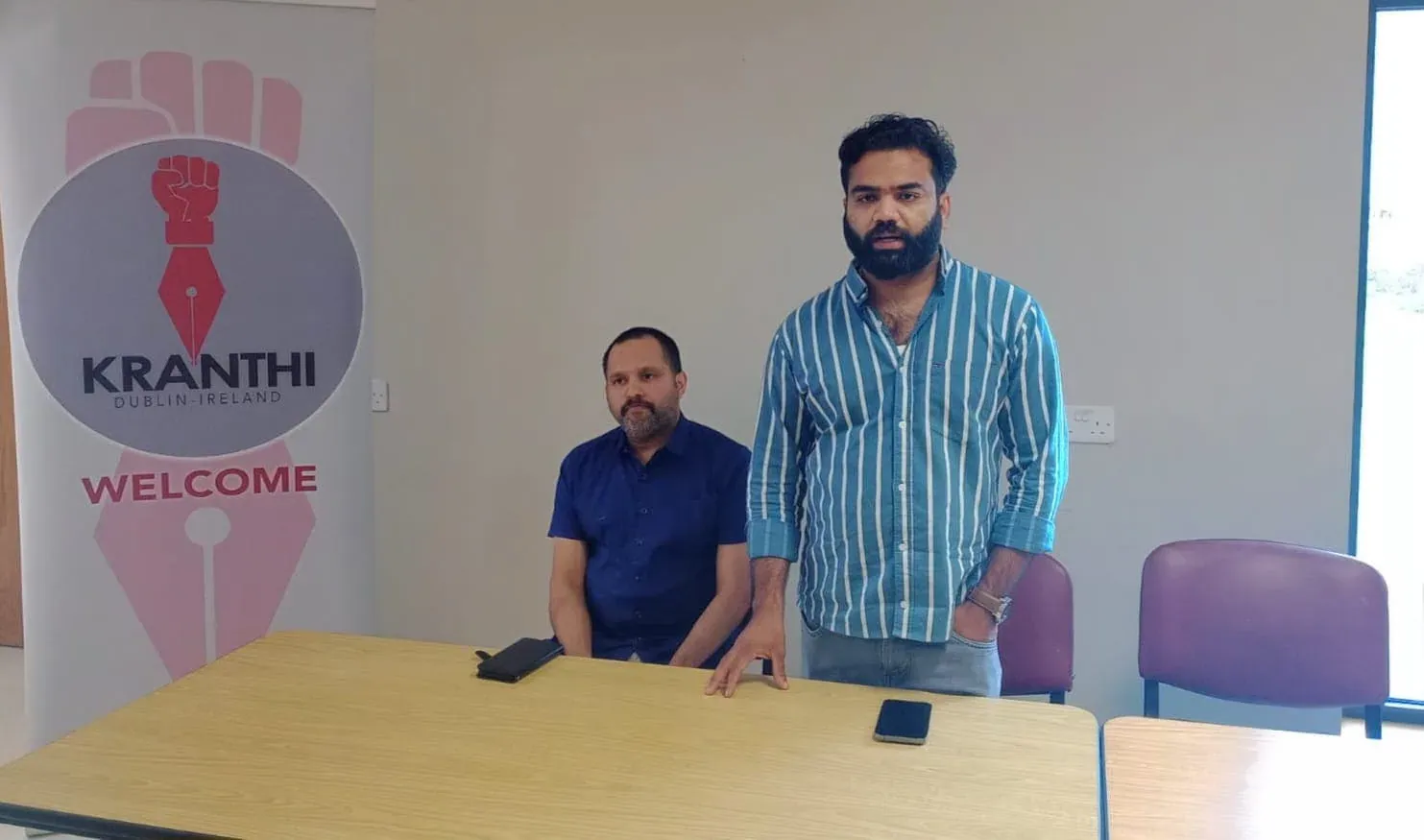Beyond ships and grain: the Black Sea truce is a fragile psychological lifeline, a whisper of hope in a sea of war. What does it mean for mental resilience?
The Black Sea, a canvas of turbulent waves and shadowed depths, has witnessed more than just naval maneuvers. It’s mirrored the human psyche, reflecting the ebb and flow of despair and fragile hope. The recent Black Sea truce, brokered in the hushed halls of Saudi Arabia, isn’t just a political agreement; it’s a whisper of possibility in a world drowning in conflict. It’s a psychological lifeline, a moment where the relentless narrative of war pauses, and the faint melody of peace begins to play.
Beyond the Battlefield: The Ripple Effect of Hope
We often overlook the psychological toll of war. The constant threat of violence, the disruption of daily life, and the uncertainty of the future create a pervasive sense of anxiety and despair. The Black Sea truce, however temporary, offers a moment of respite, a chance to breathe. It’s a collective exhale, a shared sigh of relief.
Ukraine’s Vigilance: A Mind Forged in Resilience
Minister Umerov’s carefully worded statement, warning Russia against any transgression, reveals a nation forged in resilience. It’s not just about military strategy; it’s about psychological preparedness. “Any movements of Russian warships outside the eastern part of the Black Sea will be viewed as a violation of this agreement,” he stated, a clear message that Ukraine’s resolve remains unbroken.
This isn’t just a threat; it’s a declaration of mental fortitude. It’s a nation saying, “We have endured, and we will continue to endure.” This mental strength is crucial, not just for military defense, but for the long and arduous process of rebuilding.

The Economics of Anxiety: Grain and the Global Psyche
The Black Sea Grain Initiative, and its potential revival, isn’t just about food security. It’s about the economics of anxiety. The volatile grain market, driven by fear and uncertainty, directly impacts global mental well-being. Rising food prices exacerbate existing anxieties, creating a sense of economic instability that ripples across continents.
“Imagine the stress of a single mother struggling to feed her children, watching the price of bread skyrocket,” a global economist shared. “That’s the kind of anxiety that feeds on uncertainty.”
The US pledge to support Russian fertilizer exports is a calculated move, not just to boost trade, but to stabilize the global psyche. It’s an attempt to inject a dose of predictability into a world reeling from chaos.
The Tangible Hope: Rebuilding Lives, Rebuilding Trust
The Black Sea truce offers a tangible symbol of hope for those directly affected by the conflict. It’s a chance to rebuild lives, to return to normalcy, to reclaim a sense of control. The restoration of safe navigation means more than just ships; it means the potential for families to reunite, for businesses to reopen, for communities to heal.
“It’s about the children,” a psychologist working with displaced families said. “Seeing their parents regain a sense of hope, that’s what truly matters. That’s how we rebuild trust.”
The Psychology of Broken Promises: A Legacy of Skepticism
The history of the conflict is a testament to the psychology of broken promises. The deep-seated mistrust that permeates the region is a direct result of shattered agreements and unfulfilled commitments. This legacy of skepticism makes the current truce all the more fragile.
“Trust is like glass,” a conflict resolution expert noted. “Once broken, it’s incredibly difficult to repair.”
The success of the Black Sea truce depends on the ability of both sides to overcome this legacy of mistrust, to build bridges of communication, and to demonstrate a genuine commitment to peace.
The Collective Trauma: Healing a Wounded Region
The Black Sea region has experienced a collective trauma, a wound that will take years to heal. The Black Sea truce offers a chance to begin that healing process, to address the psychological scars left by war. It’s a moment to prioritize mental health, to provide support for those who have suffered, and to foster a sense of community resilience.
The Unseen Battle: Mental Resilience in the Face of Adversity
The Black Sea truce is a reminder that the battle is not just fought on the battlefield; it’s also fought in the minds of those who endure. The ability to maintain hope, to cultivate resilience, and to find strength in the face of adversity is crucial.
Conclusion:
The Black Sea truce is more than a ceasefire. It’s a fragile seed of hope planted in the fertile ground of human resilience. It’s a moment where the psychology of war meets the potential for peace. It’s a testament to the enduring human spirit, a reminder that even in the darkest of times, the silent waves of hope can still be heard.
Call to Action:
How do you think we can foster mental resilience in the face of conflict? Share your thoughts and experiences. Let’s explore how we can support the psychological well-being of those affected by war.
Generate Audio Overview






